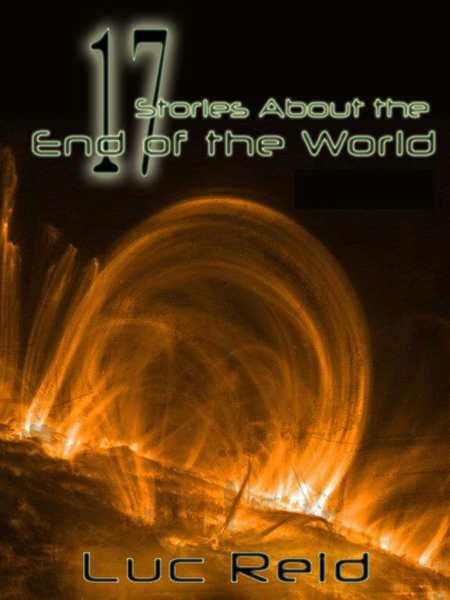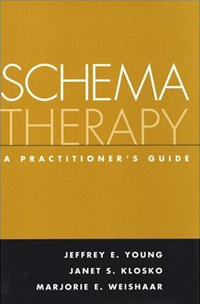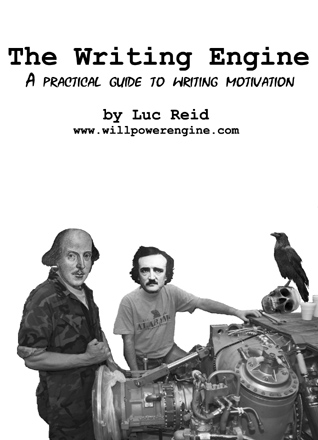Judson Roberts is a former organized crime prosecutor and current full-time writer living in Texas. His series of historical novels set among the Vikings, The Strongbow Saga, was originally published by HarperCollins and is now finding even greater success published through Roberts’ own Northman Books. This Codex Blog Tour interview follows up on an earlier interview about the writing of the books, following the Saga‘s sometimes difficult path through the publishing world and out the other side to readers. It was preceded by part I.
Has it been a great advantage to have an existing readership or fan base for the series? Are there other advantages you felt you had, coming into the self-publishing arena? Any special disadvantages?
“This sudden upward jump”
When we’re talking about the first two books of the series that were taken out of print by HarperCollins, whose rights reverted back to me, and that I republished myself, I’m not sure to what degree, if any, having an existing readership or fan base was a measurable advantage. Existing fans of the series who had already read books 1 and 2 aren’t likely to be the purchasers of the new editions of those same volumes. But since they were republished in December, sales of those two books, in their new Kindle editions, have taken off to a really surprising degree─and sales of the Kindle edition of book 3, which HarperCollins still owns the rights to, have increased along with them. So the real question is when I did republish books 1 and 2, self-publishing them myself through Amazon, what has caused this sudden upward jump in sales, after some years of very low figures while the same books were under HarperCollins’ care?
And to be perfectly honest, the answer is that I don’t know. Over the years, the books─and especially Viking Warrior, book 1 of the series─have accumulated a significant number of 5 star reader reviews on Amazon. I have to think that that strong base of positive reader reviews helps sell the books to new readers. But that doesn’t explain how or why so many potential new readers are now going to the books’ pages on Amazon, where they may be influenced by the reviews there.
“Low e-book prices boost sales”
There are several reader reviews of Viking Warrior that specifically recommend the series to readers who enjoy Bernard Cornwell and Conn Iggulden, two very widely read authors of historical fiction. In recent months Amazon has apparently linked the Strongbow Saga in their search engines and customer recommendations to those authors, plus some other popular historical fiction writers, so I suspect that kind of product recommendation is sending many prospective new readers to the series. And finally, there is the issue of pricing. Like most traditional publishers currently are doing, when HarperCollins owned them they priced the e-book versions of all three books close to the cost of print versions (and the e-book edition of book 3 is still priced that way). Publishers do this because they fear that if they price e-books too low, e-book sales may “cannibalize” sales of print editions, on which the publishers make a majority of their profit. But the conventional wisdom espoused by authors who have considerable experience self-publishing through Amazon and other e-book venues is that lower priced e-books sell much better, and the higher sales volumes generated by low pricing more than compensates for the price differential, particularly when Amazon’s 70% royalty rate to authors is factored in. In accordance with that theory, I priced my new e-book editions low, and the greatly increased sales volume they are experiencing would certainly seem to support the argument that low e-book prices boost sales.
But to reiterate, I really don’t know exactly what factors have raised a series that was given its last rites and declared dead by its original publisher not only back to life but to a new level of popularity that it had never achieved before. Maybe it’s just fate─that would certainly be fitting for a series about the Vikings.
In that case, what will be your strategy going forward? Are you just concentrating on the short term for now, or are there things you’re doing for the long-term success of your career, too?
“Long-time fans have been kept waiting too long”
I guess I’d answer that by saying I’m focusing on the short term─meaning by that what I hope to achieve over the course of the next two to three years─but my short term plan should have long term effects. My most immediate goal is to write book 4 of the Strongbow Saga, and publish it myself in e-book and print format. Long-time fans of the series have been kept waiting for the next installment of the story too long, and now that Amazon has made self-publishing such a viable and potentially profitable option for authors, there is no reason to delay further.
“A specialized agent is still needed”
Another short term career goal is to try and get HarperCollins to release the rights to book 3 back to me, so that I will own the entire series. Considering how badly they mismanaged the books, it’s galling that they still control one book in the series. Once I achieve that, I plan to look for an agent who specializes in foreign and subsidiary rights. Although I can now handle getting the series out in English language print and e-book formats─and through Amazon, can sell the English language e-books internationally, reaching markets they’ve previously not been able to touch─I’d still like to make the books available overseas in translated versions, so readers in Europe and other areas can read them in their native languages. I’d like to make audio book editions available, too, and of course would love to see the story on film, if possible. All of those things are the kind of subsidiary rights a specialized agent is still needed for.
Once I finish writing and publishing book 4 of the series, I intend to return to The Beast of Dublin, the stand-alone historical thriller that’s set in Ireland about five years before the Strongbow Saga begins. It sets up a new character who will play a major role in the fifth and final book of the Strongbow Saga, so it needs to be completed, too. At this point in time, I’m leaning toward self-publishing it, too, but so far am willing to keep my options open.
My last career goal, for the short term, is writing book 5, which will wrap up the Strongbow Saga. After that, who knows?







